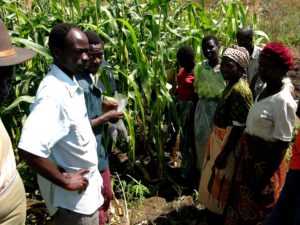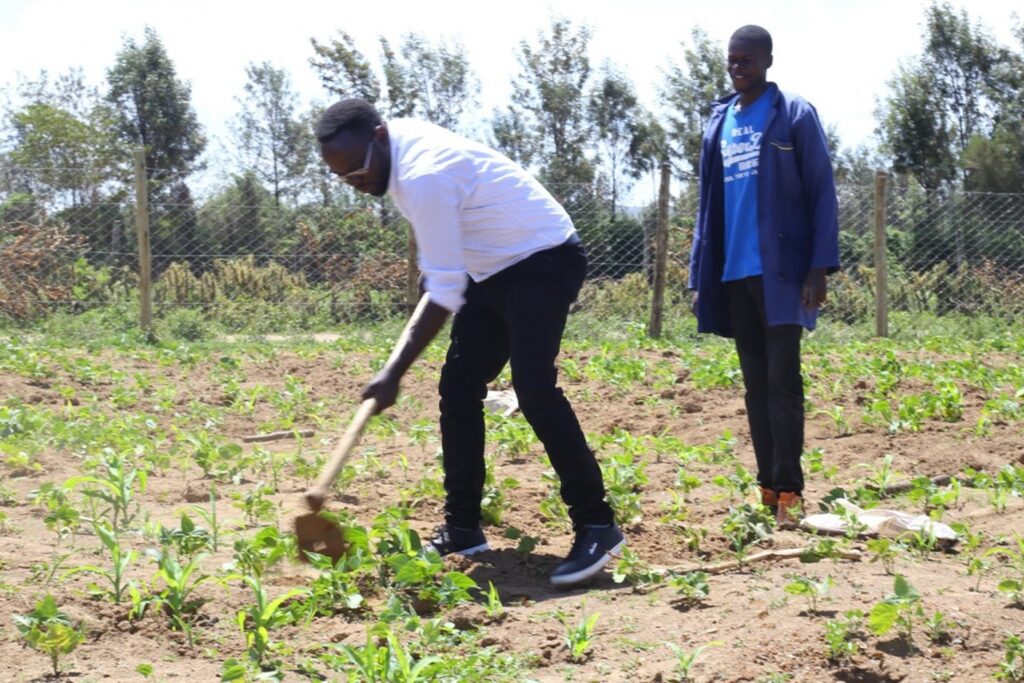By Collins Oteko //
Farmers in Kenya can benefit significantly from indigenous seed banks which provide an effective way to preserve traditional plant varieties. These community-based conservation programs not only ensure genetic diversity is conserved but also play a vital role in safeguarding Kenyan culture by preserving its rich history with various ecosystems containing unique plant species.
Kenya is a country with a diverse range of ecosystems, each with its unique plant varieties. The continued growth of agriculture and conservation of these plant varieties necessitates the preservation of traditional seeds. Indigenous seed banks have emerged as a powerful tool in the quest to preserve native plant varieties.
The seed banks, which are community-based, entail the collection of seeds from local farms, gardens, and wild habitats. These seeds are then stored in a controlled environment to ensure their viability and protect them from pests, diseases, and other adverse factors. Farmers can access the preserved seeds for future plantings, guaranteeing the continued availability of traditional plant varieties.
Benefits of indigenous seed banks
Conservation of genetic diversity: One of the primary benefits of indigenous seed banks is the conservation of genetic diversity. In Kenya, traditional plant varieties have adapted to local environmental conditions, and their conservation can ensure that farmers have access to diverse and robust plant genetics.
Adaptation to changing environmental conditions: Indigenous seed banks also help farmers adapt to changing environmental conditions, such as drought, flooding, or extreme weather events. Traditional plant varieties are well-suited to local conditions and can withstand environmental stressors better than imported varieties. This resiliency contributes to a more sustainable agricultural system in Kenya.
Preservation of cultural heritage: The preservation of cultural heritage is another significant benefit of indigenous seed banks. Many indigenous communities in Kenya have a deep connection to the land and the plants that grow on it. Preserving traditional plant varieties is a way of honoring cultural heritage and maintaining a connection to traditional practices.

Promotion of crop diversity: Indigenous seed banks promote increased crop diversity, which reduces the risk of crop failure due to pests, diseases, or other factors. Farmers can also access unique and culturally important foods that are otherwise unavailable.
In conclusion, it is worth noting that indigenous seed banks are an essential tool for preserving traditional plant varieties in Kenya. The community-based conservation programs offer an array of benefits, including genetic diversity conservation, preservation of cultural heritage, and increased crop diversity. They also contribute to a more resilient and sustainable agricultural system in Kenya while providing economic benefits to farmers.
Note: The Seed and Plant Varieties Act Cap 326 of 2012 prohibits farmers from sharing, exchanging or selling uncertified and unregistered seeds.


















